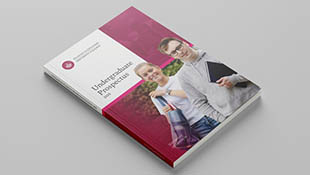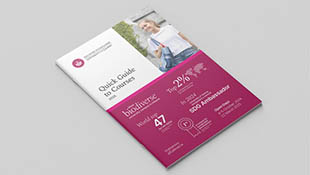-
Courses

Courses
Choosing a course is one of the most important decisions you'll ever make! View our courses and see what our students and lecturers have to say about the courses you are interested in at the links below.
-
University Life

University Life
Each year more than 4,000 choose University of Galway as their University of choice. Find out what life at University of Galway is all about here.
-
About University of Galway

About University of Galway
Since 1845, University of Galway has been sharing the highest quality teaching and research with Ireland and the world. Find out what makes our University so special – from our distinguished history to the latest news and campus developments.
-
Colleges & Schools

Colleges & Schools
University of Galway has earned international recognition as a research-led university with a commitment to top quality teaching across a range of key areas of expertise.
-
Research & Innovation

Research & Innovation
University of Galway’s vibrant research community take on some of the most pressing challenges of our times.
-
Business & Industry

Guiding Breakthrough Research at University of Galway
We explore and facilitate commercial opportunities for the research community at University of Galway, as well as facilitating industry partnership.
-
Alumni & Friends

Alumni & Friends
There are 128,000 University of Galway alumni worldwide. Stay connected to your alumni community! Join our social networks and update your details online.
-
Community Engagement

Community Engagement
At University of Galway, we believe that the best learning takes place when you apply what you learn in a real world context. That's why many of our courses include work placements or community projects.
Activities
The Institute for Creativity provides support for University of Galway researchers who are already carrying out excellent work in this area. Important examples of such work include, but are not limited to, the following:
- Creative arts practices and histories; heritage; applied creative research.
- Creative approaches to arts and humanities research.
- Creative Industries, creative entrepreneurship.
- Evolving approaches to creativity, including through creative technologies, Artificial Intelligence, and digital and computational humanities.
- Design, engineering, and design thinking.
- Creativity for societal impact, inclusion, and/or sustainability (including climate action).
- Creativity and public health, mental health, well-being; creativity and empathy; creativity and neuroscience.
- Creative pedagogies; creativity in education; creativity and assessment.
The Institute will also aim quickly to expand, combine, and transcend those specialisms. By doing so, it will:
- Lead us towards a new understanding of creativity, including in terms of research, pedagogy, national policy, scientific and business innovation.
- Support research in creativity, broadly conceived, including by
o Providing physical space
o Mentoring of research applications.
o Management of research projects
o Hosting of PhDs, post-docs, and visiting researchers. - Provide space for cross-disciplinary collaborations (rooms, seminars, but also informal gatherings/spaces)
- Driving research engagement through partnerships, public events, and other activities.
As a research institute, the Institute for Creativity will house funded research projects, will host seminars and workshops, and will generate new knowledge. But it will also be a living laboratory, a place where the university’s many strands will intersect and overlap – a generative and inspirational space for artists and scholars, students and teachers, academics, and members of the public to come together.
The Institute will thus discover new synergies; will develop new partnerships within and beyond the College of Arts, Social Sciences, and Celtic Studies; and will take a lead internationally in pushing beyond our current understanding of the role of creativity – not just in the university but in all facets of human activity.



















